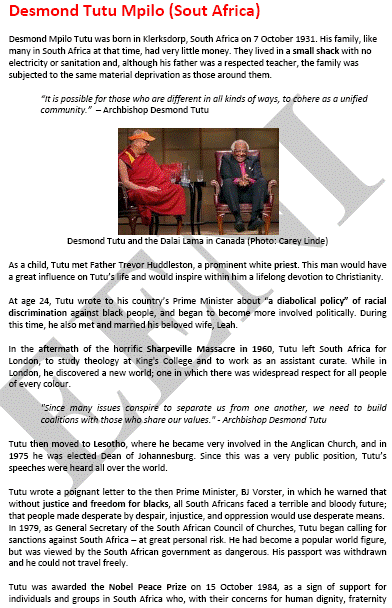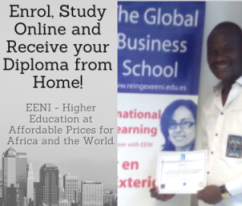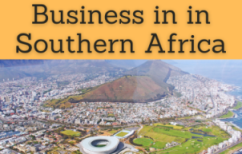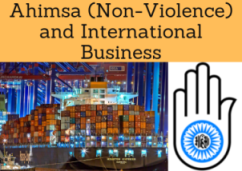Desmond Tutu. Non-Violence. Anglican
Nobel Peace Prize (Desmond Tutu, South Africa) apartheid

Former Anglican Archbishop (Christianity) and world peace leader Desmond Tutu, was born in South Africa in 1931.
“When missionaries came to Africa they had the Bible while Africans were owners of the land. They invited us to pray, and we close our eyes. When we woke up; they possessed the land, and Africans had the Bible.” Desmond Tutu
- Desmond Tutu (South African Nobel Peace Prize)
- His struggle against the apartheid based on non-violence
Desmond Tutu - world leader of Peace

Religions and Global Business -
Religious diversity

The Subject “Desmond Tutu (South African Nobel Peace Prize)” is included within the curriculum of the following academic programs at EENI Global Business School:
Master: Business in Africa, Religions & Business.
Doctorate: Ethics, Religion & Business, African Business.
 Masters adapted to South African Students.
Masters adapted to South African Students.
Languages:  or
or  Desmon Tutu
Desmon Tutu  Desmond Tutu
Desmond Tutu  Desmon Tutu.
Desmon Tutu.

He was the first black archbishop of Cape Town and Bishop of the Church of the Province of South Africa (now Southern Africa Anglican Church).
“If you remain neutral when the injustice reigns, your way is that of the oppressor.”
In 1976, protests in Soweto, against the use by the Government of Afrikaans Language as a compulsory medium of instruction in black schools became a massive uprising against the apartheid. From then, Tutu supported an economic boycott.
The United States and British enterprises, the main investors in South Africa, began a phase of disinvestments, which increased the unemployment but also a collapse of 35% of the Rand, which pressured the Government to initiate reforms. In parallel, Tutu organized a peaceful demonstration of over 30,000 people in Cape Town.
Tutu was the Bishop of Lesotho from 1976 to 1978, continuing his struggle against the apartheid based on non-violence (Ahimsa) and actively advocating for the reconciliation between all parties involved in the apartheid.
Desmond Tutu actively fought against the Apartheid, and since the fall of this; he is an active fighter in defense of human rights, struggle against AIDS, tuberculosis, poverty, racism...
He received the Nobel Peace Prize in 1984 and Albert Schweitzer Prize for Humanitarianism in 1986.
The fifteenth Dalai Lama and Archbishop Desmond Tutu, two Nobel Peace Prizes, met in Canada in 2004.
More information about South Africa (EENI African Business Portal).
(c) EENI Global Business School (1995-2025)
Top of this page











 WhatsApp
WhatsApp
